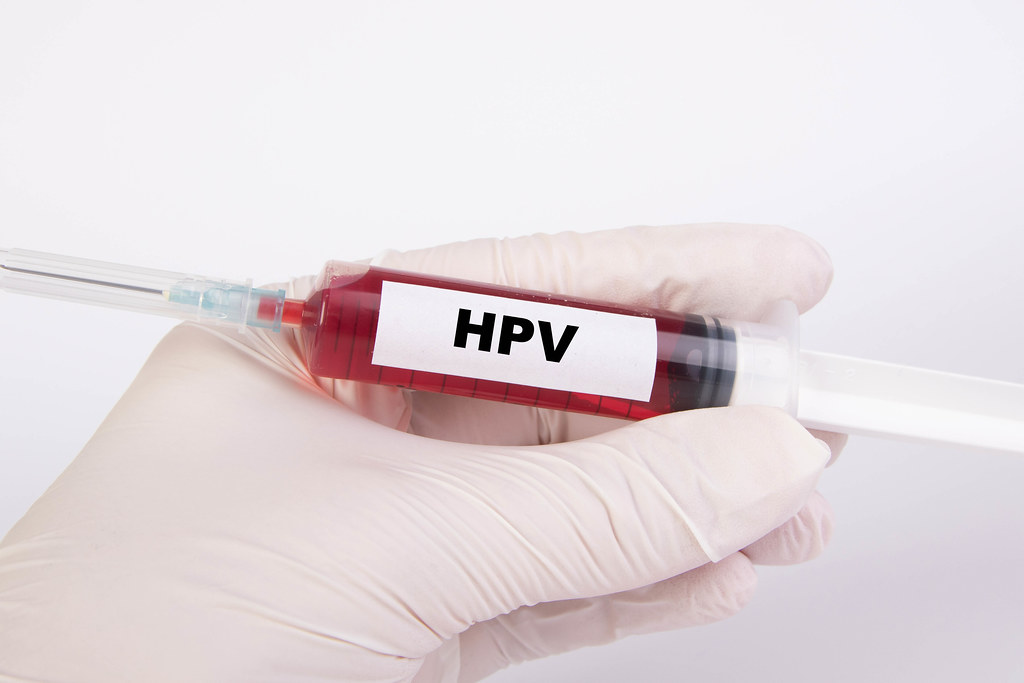Inequitable access to vaccines and high-performance screening tools is significantly hampering efforts to reduce the growing burden of cervical cancer in Africa, the region with the highest rates of new cases and deaths from the disease. Despite being preventable and treatable, cervical cancer remains the leading cause of cancer-related deaths in the African region. In 2022 alone, nearly a quarter of the 76,000 cervical cancer deaths globally occurred in Africa.
At a special event during the Seventy-fourth session of the World Health Organization (WHO) Regional Committee for Africa, held in Brazzaville, Congo, African health ministers and partners emphasized the urgent need for equitable access to affordable HPV vaccines and HPV DNA testing. These measures are critical to accelerating progress towards the elimination of cervical cancer.
Currently, only 28 countries in the African region have introduced HPV vaccines into their routine immunization programs, and just four of these countries achieved 90% vaccination coverage in 2023. Screening efforts are even more limited, with coverage rates around 11%, and only 17 countries have introduced HPV-based screening, which is not yet available nationwide.
“Cervical cancer services need to be integrated throughout the life course to leverage the opportunities of other programs within the health system. I urge all to collectively work together in awareness creation for the fight against cervical cancer,” stated Mr. Gilbert Mokoki, Minister of Health of Congo, speaking on behalf of the First Lady of Congo, H.E Antoinette Sassou N’Guesso.
According to modelling by HPV-ADVISE, which involved 40 countries in sub-Saharan Africa, the current rates of vaccination and screening are inadequate to eliminate cervical cancer by 2100. However, if countries achieve and maintain the WHO-recommended 90% vaccination coverage for girls and 70% screening uptake, the model predicts that 24 million cervical cancer cases could be averted by the end of the century.
Dr. Matshidiso Moeti, WHO’s Regional Director for Africa, highlighted the broader implications of these disparities. “The burden of cervical cancer in Africa is a stark illustration of the impacts of global inequities, which exacerbate barriers including scarce resources, lack of prioritization by funders, and ultimately, limited capacity to manage the threat. Affordable and accessible HPV tests and vaccines are critical if we are to accelerate the elimination of cervical cancer as a public health problem in the region and narrow the wide gap in health inequality globally,” she said.
The special event at the WHO Regional Committee aimed to ignite high-level political advocacy and encourage partner buy-in for the initiation of a joint regional mechanism to increase access to HPV vaccines and HPV-based tests. This initiative is expected to enhance cervical cancer screening and prevention coverage across the continent.
WHO stressed that the delivery of cervical cancer services within a people-centered, primary healthcare approach is crucial for ensuring accessibility and sustainability. For example, in countries like Cameroon, Malawi, Uganda, and Zimbabwe, cervical cancer screening has been successfully integrated into HIV and sexual and reproductive health services.
The cost-effectiveness of these interventions supports broader implementation, with WHO advocating for comprehensive cervical cancer services to be offered to all eligible women who visit health facilities at any level.
“As partners, we need to take advantage of the overlap between cervical cancer and other services for women, such as HIV programs and reproductive health services, to ensure integration at the policy, financing, program, and service levels,” said Dr. Phillipe Duneton, Executive Director of Unitaid.
This concerted effort is seen as vital to achieving the WHO's goal of eliminating cervical cancer as a public health issue in the African region and beyond.











